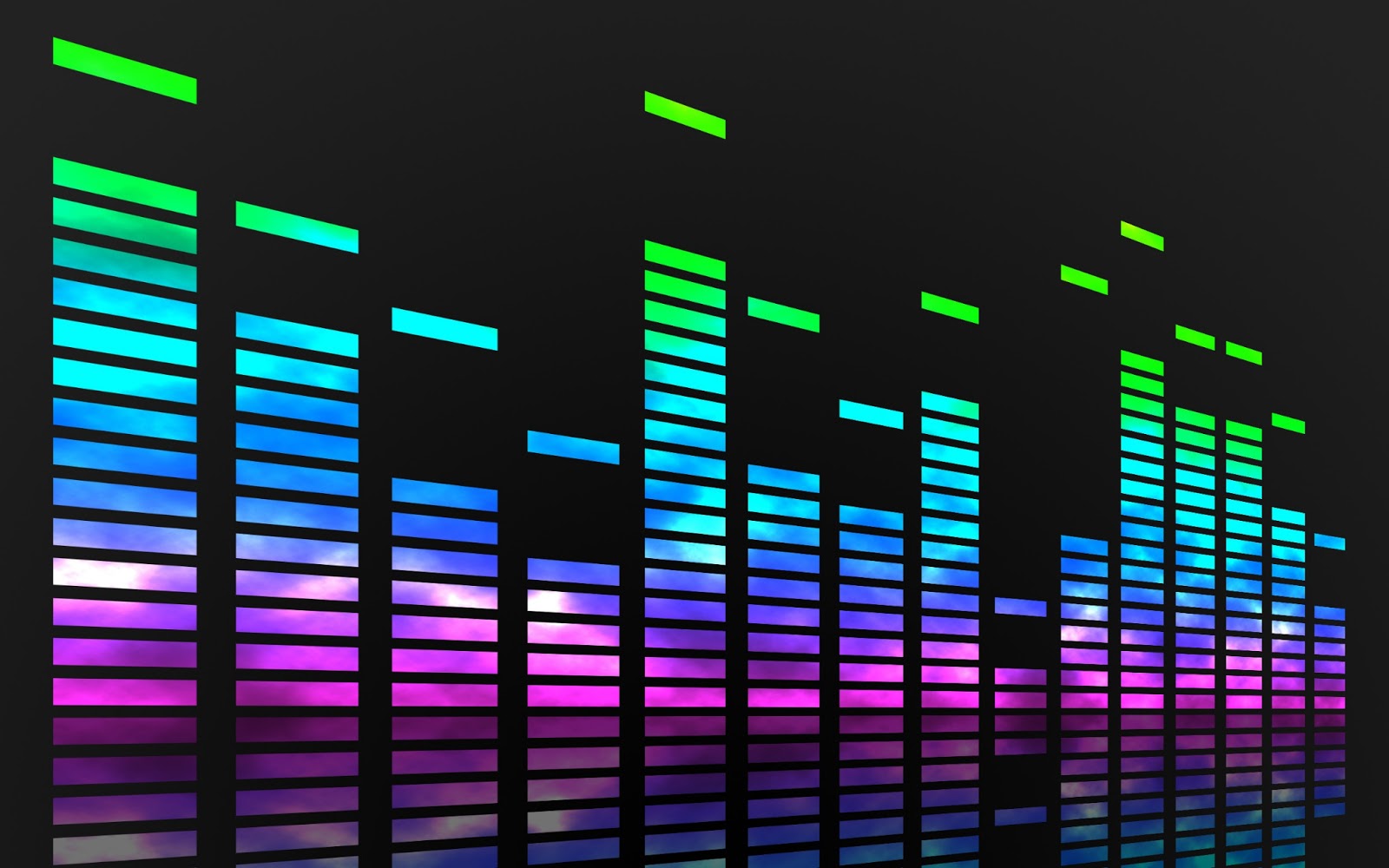Staring at the blank page before you, so close you can almost taste it, release your inhibitions, no one else can read the words on your lips, so you post those words in a song on SoundCloud. Media sharing websites like SoundCloud have changed the music industry as a whole. New platforms allow anyone the ability to promote themselves without big record labels.
“They allow people to reach audience without going through traditional means like record labels,” said Stephen Barnard of the St. Lawrence Sociology department. The record labels that used to control the industry are being forced to adapt with the industry itself. “It’s not an end it’s an alternate route to publicity resume that’s been crowd sourced,” Barnard said about the purpose of media platforms similar to SoundCloud.
“Coercive record labels control distribution” said Barnard. The record labels are losing control of the market they used to dominate. Traditional paths to musical careers are “run by gatekeepers” Barnard said. These “gatekeepers” are losing control of the distribution of media.
These companies are “resistant to change,” Barnard said. He has attended panels that have discussed the lack of the control of the new methods of media sharing and found resistance. These companies “provide service that may or may not be required,” he said and that is what scares them.
“I would say that music industries have been historically slow to adapt to new platforms unless those platforms are ones the music industries want to push,” said David Henderson an Associate Professor of Music at St. Lawrence. He, like Barnard, note a resistance to the change most likely attributed to the loss of financial control over the industry. “SoundCloud doesn’t allow anyone the ability to share music. One has to have, at minimum access to the internet, access to a computer, and electricity,” Henderson said which many often forget.
“It’s easier to make recorded music than ever, and it’s easier to get it out there than ever. But we live in a world right now where people don’t expect to have to pay for music,” said Christopher Watts, an Associate Professor of Music at St. Lawrence. Watts points out that people expect free music but that entitlement adversely effects record labels. If you manage to make it big somehow on the interwebs, you have to try to take that new-media success and turn it into an old-media deal in order to make a living,” Watts said, highlighting perhaps the biggest issue with the new media platforms.
“The music industry made a colossal collective mistake in the early 2000s when it decided to fight back against piracy by treating its customers like criminals,” said Watts. The industry has criminalized piracy. “What it should have done was to build a system for easy, paid downloads of music files while most people were still buying CDs and used to paying a lot for music” he said, suggesting that it would have been more effective to adapt with the new market.
“To sum up, the way things work today is only “better” for artist who don’t need to get paid,” said Watts. The artists that don’t need to get paid aren’t the ones that are suffering. “As consumers, I think that getting free stuff now is hurting us in the long term, because it strongly discourages musicians from devoting their lives to a career in music,” said Watts, pointing out that customers of new media are going to hurt themselves in the end.



